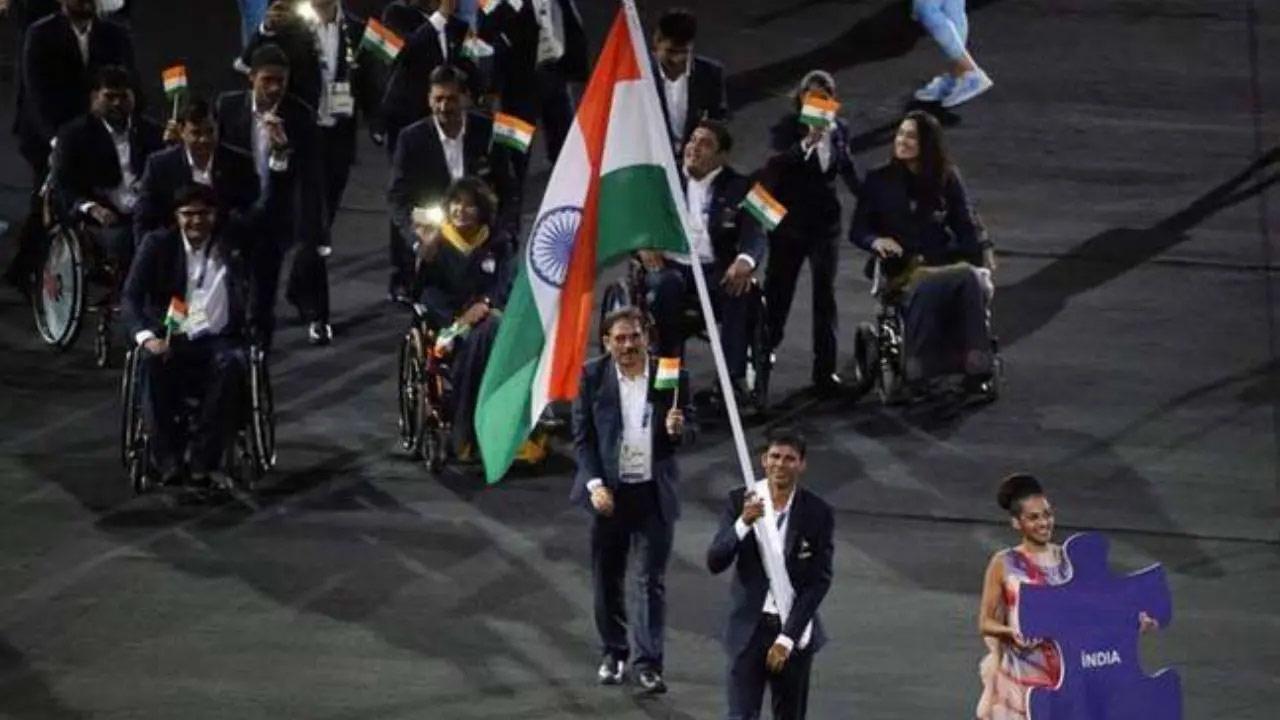Then there is the issue of accessibility to sports facilities.

This year's contingent is India's largest ever sent to the Paralympic Games (Pic: ANI)
A report about struggling differently abled players at the grassroots level shone the spotlight on the need to increase avenues and infrastructure for such sportspersons. While we revel in the success of our para-athletes, who won 29 Olympic medals in Paris, the entire para-athletics ecosystem needs close attention.
ADVERTISEMENT
We have often highlighted how our able athletes need support when they are lower down the sporting ladder. If our able athletes struggle at that level, things are compounded for para-athletes who need even more help as their travails begin as they set off for the training venue. In our report, differently abled sportspersons stated that they encountered obstacles from the word go, their first hurdle being finding a ground or court to practise on.
Then there is the issue of accessibility to sports facilities. Washrooms, especially for women para-athletes, are missing. At least build one lavatory that can accommodate a wheelchair in every sports facility. A senior athlete stated that if talent is spotted, a timeline can be laid out and that para-athletes can showcase their potential within that time frame. The athlete proposed that they receive financial support during this period and if they do not show that they can convert talent to achievement within that time bracket, the support can be withdrawn. This way, athletes have a cushion as they train to achieve specific targets.
Phrases like inspiration, para-warriors, ability over disability all sound great. Yet, let us remember words do not pay the bills. Every young differently abled sportsperson does not have the wherewithal to fight against adversity for years; they may not have the finances for that. Let us make the sporting path smoother, on the way to the podiums not just after a podium finish.
 Subscribe today by clicking the link and stay updated with the latest news!" Click here!
Subscribe today by clicking the link and stay updated with the latest news!" Click here!







